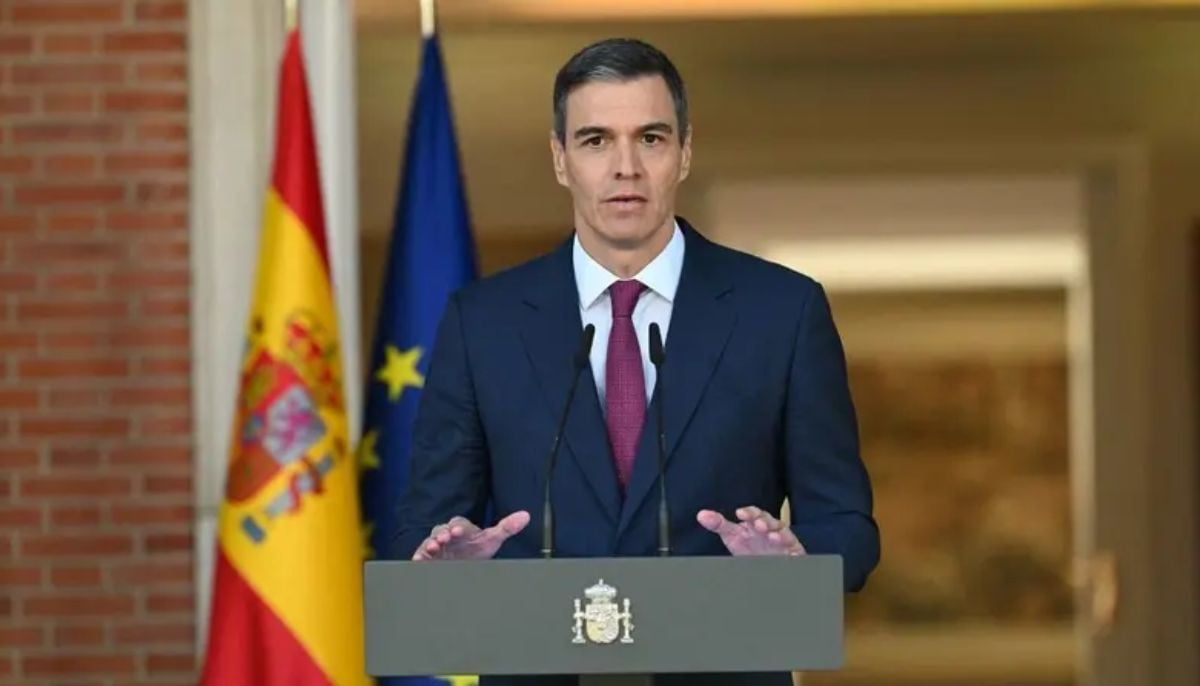Spain has announced plans not to join Trump’s Board of Peace (BoP), which was…
Category: 2. World
-
Spain will not join Trump's Board of Peace, PM says – Reuters
- Spain will not join Trump’s Board of Peace, PM says Reuters
- PM Shehbaz, other world leaders sign charter for Trump-led Board of Peace Dawn
- Trump withdraws Canada’s invite to join Board of Peace BBC
- Updates: 4 Palestinians killed in Gaza as Trump…
Continue Reading
-
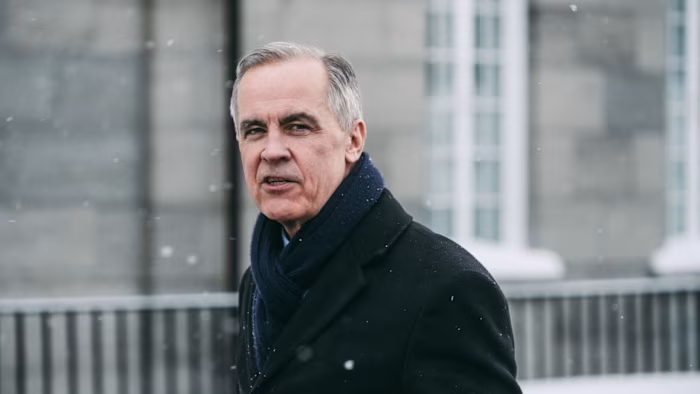
Donald Trump withdraws Mark Carney’s invitation to join ‘Board of Peace’
Unlock the White House Watch newsletter for free
Your guide to what Trump’s second term means for Washington, business and the world
Donald Trump has withdrawn an invitation for Mark Carney to join the “Board of Peace”, in an apparent snub…
Continue Reading
-
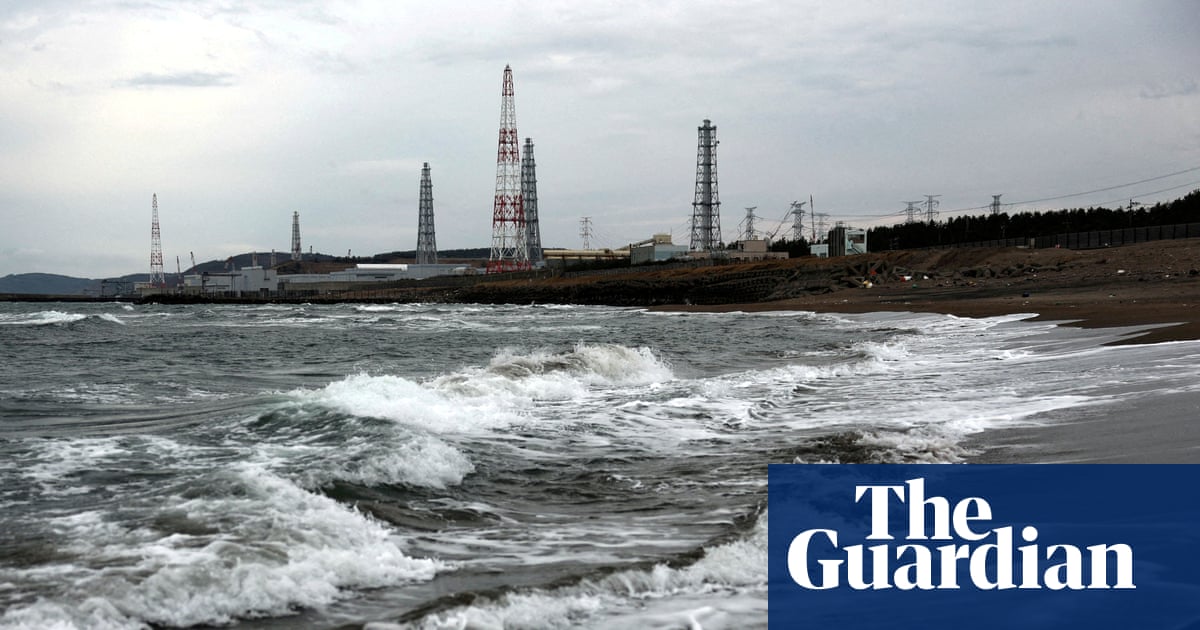
Japan pauses restart of world’s largest nuclear power plant one day after it went online | Japan
The restart of the world’s largest nuclear power plant was suspended in Japan on Thursday just a day after it went online for the first time in about 14 years, with the operator saying it does not know when the problem will be solved.
The…
Continue Reading
-
Trump revokes Canada’s invitation to join Board of Peace – Dawn
- Trump revokes Canada’s invitation to join Board of Peace Dawn
- Rights advocates welcome Canada’s exclusion from Trump’s ‘Board of Peace’ Al Jazeera
- Trump withdraws Canada’s invitation to Board of Peace BBC
- Finance minister says Canada…
Continue Reading
-

Issue Brief on “Syria and the Kurdish Question: Recent Developments and Regional Implications”
On 18 January 2026, the Syrian government and the Kurdish-led Syrian Democratic Forces (SDF) reached a ceasefire agreement following days of clashes in northeastern…
Continue Reading
-
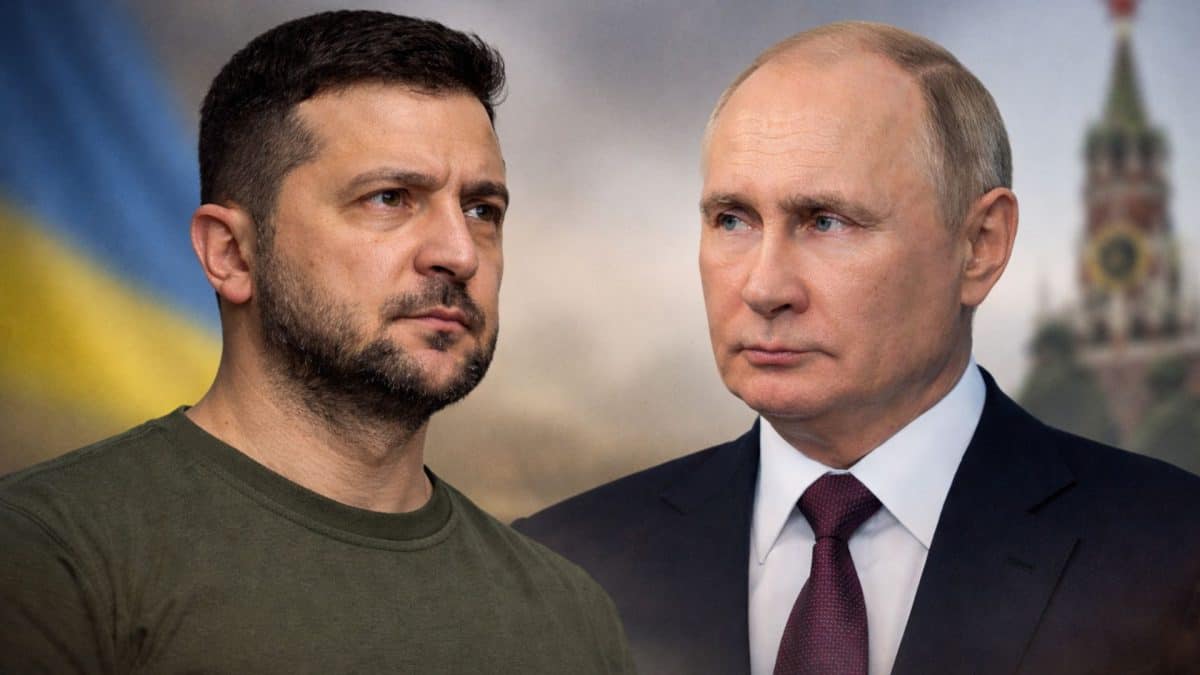
Kremlin’s bleak warning ahead of US-Ukraine-Russia talks in UAE – Firstpost
Moscow has warned that, after a late-night meeting between President Vladimir Putin and three US envoys, a durable peace would not be possible unless territorial issues were resolved
As the US ramps up talks between Russia and Ukraine in hopes of…
Continue Reading
-
US, Ukrainian and Russian negotiators to meet in UAE for security talks – Euractiv
- US, Ukrainian and Russian negotiators to meet in UAE for security talks Euractiv
- Russia, Ukraine and US to hold trilateral talks in Abu Dhabi BBC
- Ukraine, Russia, US to meet for ‘first trilateral’ talks to end war Al Jazeera
- US joins Russia…
Continue Reading
-
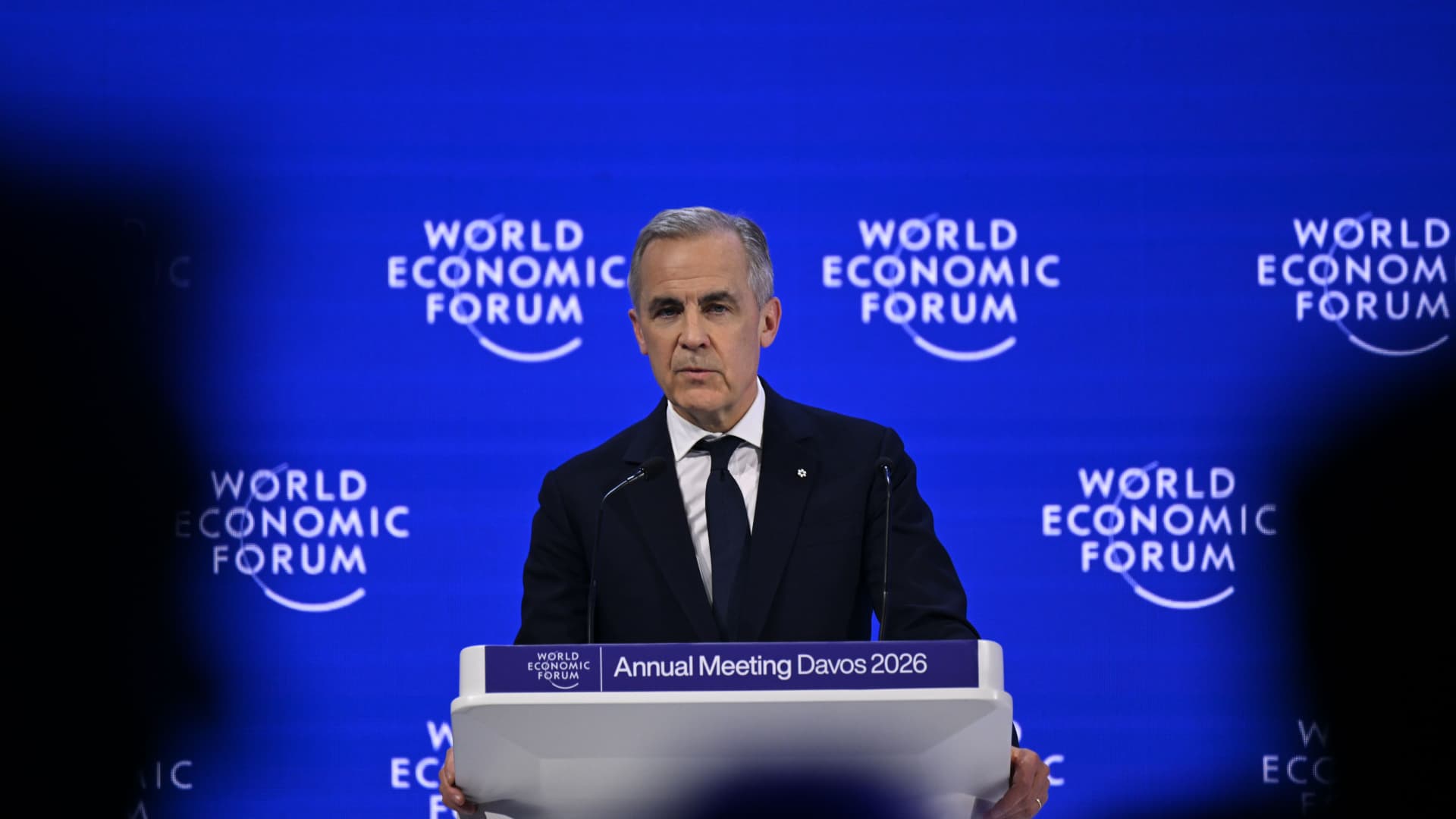
Trump withdraws ‘Board of Peace’ invitation to Carney in widening rift with Canada
DAVOS, SWITZERLAND – JANUARY 20: Canadian Prime Minister Mark Carney delivers a speech at the World Economic Forum Annual Meeting held in Davos, Switzerland on January 20, 2026.
Anadolu | Getty Images
U.S. President Donald Trump withdrew the…
Continue Reading
-
As Trump drops Greenland threats, Europeans say they are still on guard – The Washington Post
- As Trump drops Greenland threats, Europeans say they are still on guard The Washington Post
- Greenland galvanizes Europe to confront new US reality Reuters
- The EU pushed back on Trump’s latest tariff threats. Hours later, he backed down CNN
Continue Reading
